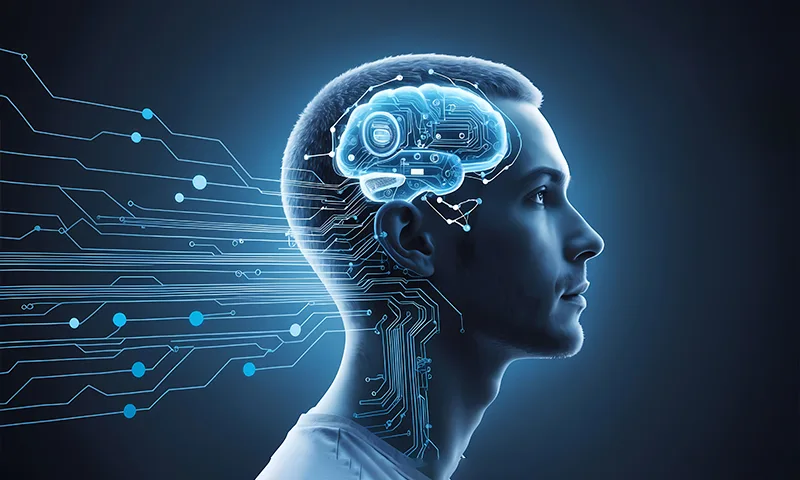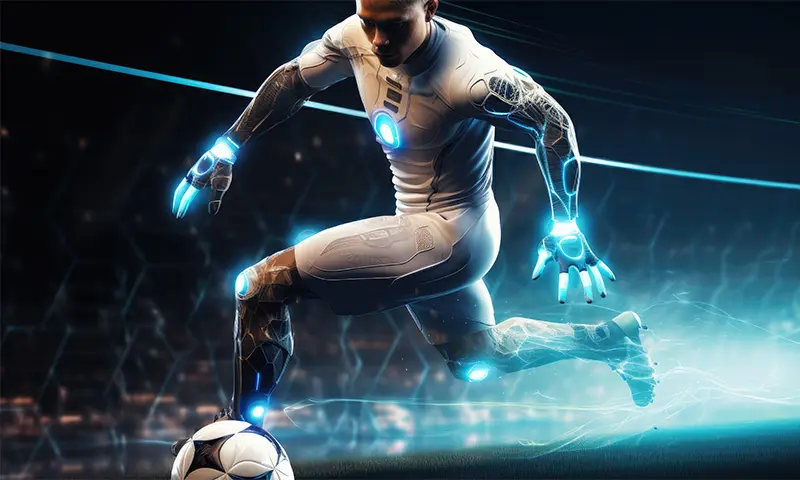Unlocking the Power of Artificial Intelligence in Everyday Life
In this time of fast changing pace at which technology keeps on changing, there was a time when Artificial Intelligence (AI) appeared to be far away from reality; however, we have now come to realize that it is actually with us. Artificial Intelligence has become part and parcel of our daily activities right from working to relaxing. Knowing what AI is capable of can assist us use its might towards more output, efficiency and a good quality life.
AI at Home: It Makes Life Easier
One obvious area where AI is applied is within smart home technology. Devices such as Amazon’s Alexa or Google Home are more than mere virtual assistants—they have AI algorithms that enable them learn from our habits, anticipate our needs and provide us with solutions for making daily routines simple. The use of AI in homes transforms them into centers of convenience and efficiency whether by adjusting the thermostat, playing our favorite music or sending reminders for what needs done.
AI in Healthcare: A Revolutionary Change towards Patient care
There has been a profound change in healthcare due to artificial intelligence (AI). Telehealth services powered by AI, as well as predictive diagnostics and personalized treatment represent just the start of it all. For example, an algorithm might analyze huge amounts of data much more quickly than any human ever could thus resulting in faster diagnoses that are also more precise. Furthermore, wearable devices containing embedded AIs help monitor people’s health conditions in real-time thereby catching any issues before they escalate into life-threatening situations.
AI in Education: Enhancing Learning Experiences
AI is also making strides in education. Adaptive learning platforms allow students to receive individualized instruction based upon their peculiar needs. This makes learning more interesting and ensures that each learner advances at his or her own rate. Besides, AI-based applications provide real time evaluations that help both students and trainers identify areas for improvement faster.
AI in Business: Driving Efficiency and Innovation
In recent times, businesses have been relying increasingly on Artificial Intelligence (AI) in order to increase productivity as well as innovation. A typical example of this is customer service chatbots which act like the first point of call for several companies whereby they offer fast and immediate answers to customer questions. Also, through the usage of data driven analytical tools powered by AIs, organizations can make decisions that will result into improved success rates and competitive stance.
AI in Transportation: A Redefining Movement
AI has a very important role in the transformation of the transportation industry. Safer and more efficient travel experiences are sought after in the use of different technologies such as self-driving cars and AI-driven traffic management systems. These advancements not only minimize chances of human error but they also optimize routes, minimize fuel consumption as well as enhancing whole traffic flow.
AI in Entertainment: A New Era of Content Creation
AI has also found its way into the entertainment industry. From recommendation algorithms utilized by Netflix to generate music or art, there exist numerous ways through which creativity can be enhanced with an application of AI. By analyzing different users’ preferences, AI offers personalized content which keeps viewers entertained and engaged for a longer time period.
Utilizing AI in Funding: Boosting Security and Customization
The banking community has integrated artificial intelligence for the purpose of maximizing security and individualizing user experience. With the help of AI processing systems it becomes easier to detect patterns that may show suspicious behavior thus circumventing loss due to frauds. Besides, the AI-based financial tools assist individuals in managing their budgets as per their personal usage patterns.
Changing Shopping Experience through Artificial Intelligence in Retail
Retailers are using informatics to change how we shop. Businesses are better able to address customer needs by following recommendations with regards to personalized purchases or through cloud-diversity services driven by artificial intelligence (AI). This process together with inventory management enables retailers cope well with stock levels and minimize wastage on goods sold over time.
AI in Communication: Filling the Holes
The revolution in communication has been brought about by artificial intelligence; this is mostly in the area of language translation and speech recognition. With AI powered translation tools such as Google Translate, it has become easier to communicate with people who speak different languages while those with disabilities are able to access digital content thanks to AI in speech recognition.
AI in Environmental Preservation: Protecting Planet Earth
Environmental conservation efforts are heavily relying on artificial intelligence today. For instance, one can use AI to monitor wildlife populations or make predictions about natural disasters. This means there is large amount of environmental data that can be analyzed using machine learning techniques to help safeguard our planet. AI can build models which predict climate changes enabling us to plan and come up with ways to mitigate them more effectively.
Conclusion: Embracing AI for a Better Future
This is the best time to consider incorporating AI into our daily lives in order to make things better. Embracing and understanding AI can help us maximize its potential of enhancing our normal life, increasing efficiency as well as solving complicated problems. The effects of artificial intelligence will only deepen with its development; hence everyone should be abreast with this mighty technological advancement.




